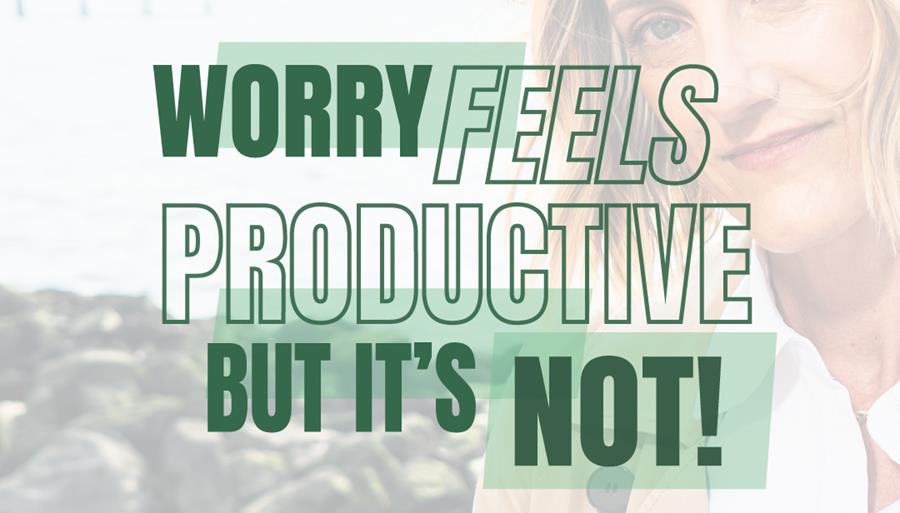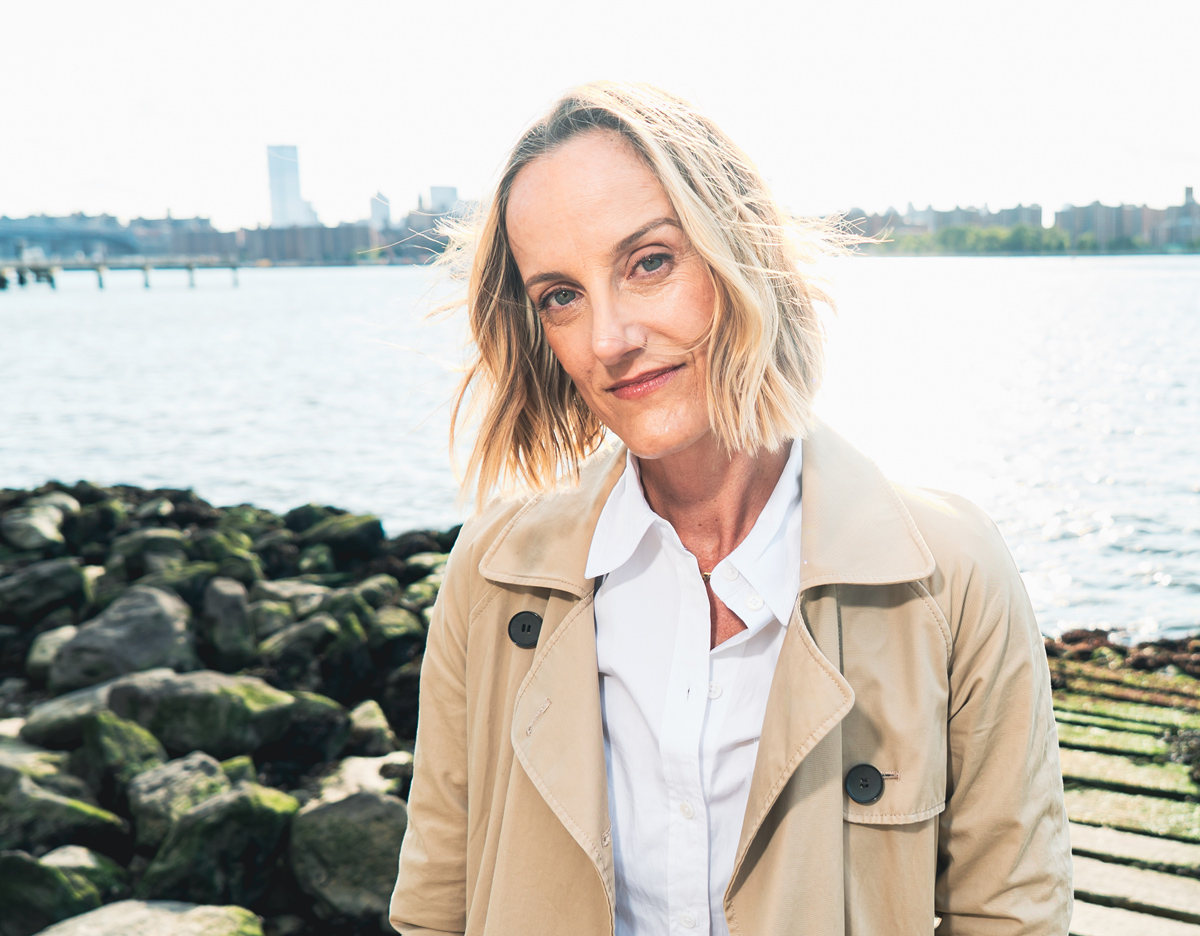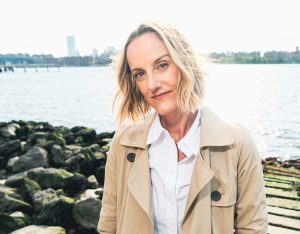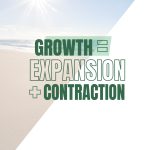This one is personal.
This is for my husband, who always assumes the worst-case scenario. This is for my client who lies awake at night, stress-spiraling through his very own hypothetical disaster reel. This is for everyone trying to feel safe in an uncertain world—and for those who’ve already decided the world is burning, and we’re just waiting for the final match.
Let’s start here: the future is not preordained.
We can’t crystal ball the market. We can’t obsess our way into control. We can’t predict where the S&P will land next quarter, or what the Fed will say, or if your client will suddenly decide to ghost you after six showings and a hefty Uber Black charge. But what we can do—and often do without realizing—is live as if the worst-case scenario is already here.
We rehearse it.
We feel it.
We embody it.
And then we wonder why we’re exhausted, anxious, discouraged, and on the edge of burnout.
So why do we do this?
Let’s talk about it.


Worry gives us the illusion of control.
That’s part of it.
Worrying tricks the brain into thinking it’s doing something productive. It’s mental busywork that feels like preparation. Like if we imagine every way it could fall apart, maybe—just maybe—we’ll suffer less if it does.
But here’s what the science says: it doesn’t work.
Anticipatory anxiety, a term in psychology that refers to the fear or dread we feel about something that hasn’t happened yet, doesn’t make us more resilient. In fact, it does the opposite. Chronic worry drains our cognitive resources, hijacks our emotional energy, and reduces our capacity to deal with real stress when and if it comes.
We think we’re bracing.
But we’re actually breaking ourselves down in advance.
And most of the time? What we’re worried about never even happens.
A study out of Penn State tracked participants’ daily worries and found that 91% of what people worried about didn’t come true. And for the small percentage of worries that did materialize, people reported handling the outcomes far better than they anticipated.
The takeaway? We’re stronger than we think. We just forget that when we’re stuck living inside imagined disasters
So what do we do instead?
We build our tolerance for uncertainty—because certainty is the myth, not the goal.
We choose presence over prediction.
We train ourselves to notice when we’ve left reality and entered the “What if?” vortex—and we gently come back. Return to the present moment.
This isn’t about blind optimism. It’s about clarity. You don’t need to pretend things are perfect. You just need to stop living in tragedies that haven’t occurred.
So the next time your mind starts spinning—telling you your buyer has already walked, the market is in free fall, the listings are dead—pause. Ask yourself:
Is this happening? Or am I just rehearsing pain?
The future is not fact. It’s a story we’re constantly writing.
Write something better.
You’re still the author,
– Molly B.
Founder & CEO, Molly B. Townsend Coaching & Consulting
[email protected]





